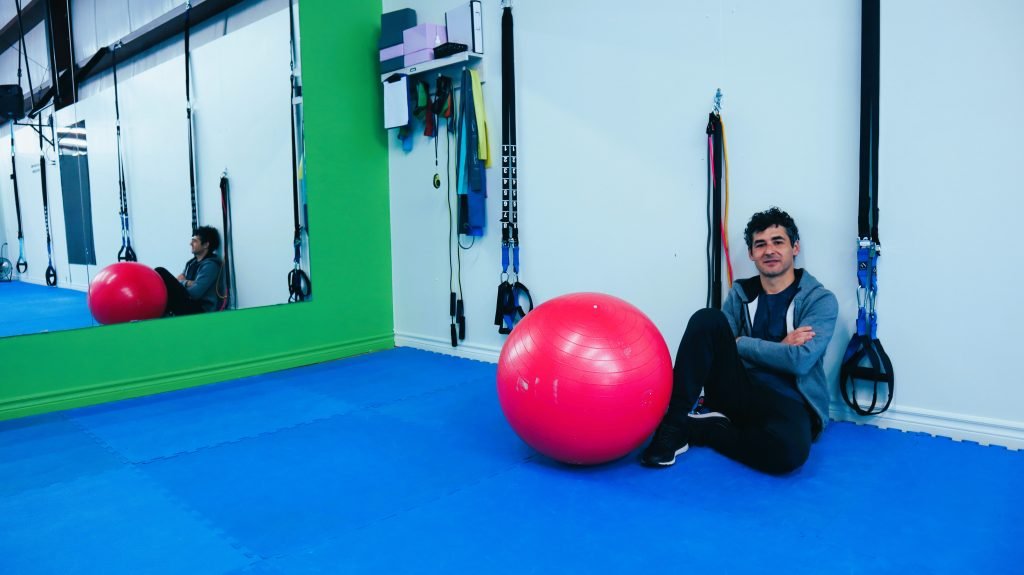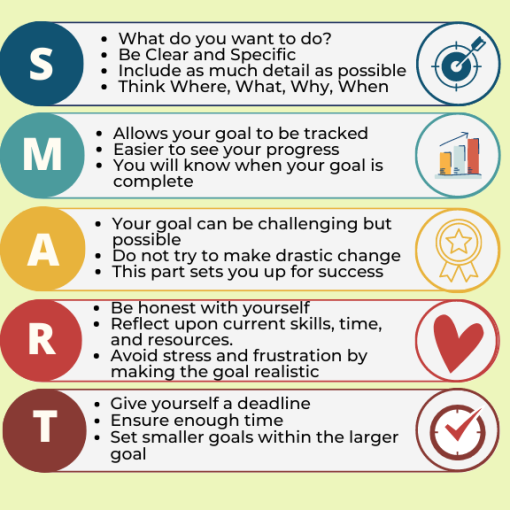How many times have you promised yourself that this time will be different? You’ll lose weight, be more productive, get fit, eat more vegetables…and then you don’t? Does it sound familiar?
Whenever we set goals, things usually start off pretty well, right?
The truth is, getting motivated is easy. Motivation feels good, energizing, and drives us to get things done. But staying motivated, even under the best possible circumstances, is hard.

Fortunately, there are many effective ways to increase effectiveness to achieve what we want to.
Have a vision
Vision is the ideal version of our life and ourselves. It is something that is not reality today, but what you want it to be in the future. This is the life you aspire to live.
To achieve anything you desire, you must have a clear vision of what you hope to accomplish, just like any goal. After all, if you don’t know where you are going, you won’t know how to get there.
Set your Goals
Goals are your short- or long-term benchmarks. Think of them as stones along the path to your vision. What happens when you achieve them? How do you feel? Excited, accomplished, let down? What about if you don’t hit it? Let down, a sense of failure, motivated?
When you can envision your ideal future, you can establish a set of goals that will lead you to success. Goal setting involves the development of an action plan designed in order to motivate and guide you toward your objectives.
The strategy for goal setting begins with the big picture (your vision). Looking at the big picture before breaking it into smaller tasks helps in the planning portion of setting the goal. Once you have your vision, breaking it up into more achievable components promotes self-esteem and provide instant rewards to keep you on track, while focused on the process.
There is evidence that setting and progressing on meaningful life goals are an effective intervention to provide both a sense of purpose and increased happiness. In particular, setting life goals based on others leads to more positive emotions and therefore has a more positive impact on happiness than goals focused just on oneself.
Stay Motivated
When you have a powerful reason “why,” you’ll more easily discover the “how” and find your way.
The “why” is your motivation: the drive that will modify your behavior towards your goal from the very beginning. It’s what inspires you to take action. Your action may be to start working, investing, planning, learning or anything you identify as necessary.
The “how” is essential for you to have a path and develop self-efficacy: believing that you are able to achieve the goals. This is a learning process in which a coach, a friend or a family member can help you. Find someone that believes you can be successful, work with you to keep you accountable, and encourage you to find the answers you need inside yourself.
When you are motivated, every step seems easy and natural, taking very little effort. But motivation is often short lived and needs to be recharged.
That’s when discipline and planning become essential.
Stay Focused
Discipline is a tool to help us get past some low times until the next bump in motivation. Have you ever had that feeling of “being lost and so distant from a goal that don’t even know where to start?”
That’s why the execution plan needs to be there, so you know what you have to do at any step of you journey.
With discipline you have the ability to do something you need to regardless of your mental state.
Like many things it is a learned skill, but it is hard. Often you are going to be forcing yourself to do something you don’t like for a greater cause – your vision. When you have a vision and remember why you are doing a certain task, you may not like the task itself, but you’ll be happy and proud of doing it anyway.
Trust the process
Any learning process can be easier or more difficult for you than to other people you know. But once you are passed the learning phase your new skill simply become a habit.
Habits are things you’ve already learned and now do naturally without thinking about it, like riding a bike or driving a car.
Learning discipline is no different: create the habit of self-discipline and it just becomes who you are, and those effects are long lasting. But again, it may be hard and require a lot of effort.
Happiness, success, and fulfillment stem from focus and self-control. It may be hard to believe when you’re facing your favorite junk food, or the lure of sleeping in versus getting up early to work out, but studies show that people with self-discipline are happier.
Why? Because with discipline and self-control we actually accomplish more of the meaningful, long-term goals we truly care about. When every task is meaningful, we are fulfilled with positive emotions, promoting happiness and motivation.
Self-discipline is the bridge between vision and accomplishment. However, without the vision, you lack the motivation to set the goals in the first place.
The conclusion
All pieces of the equation are essential. In order to live the life you envision for yourself, family or friends nothing is more important than setting clear goals, having an execution plan, and work to develop the habit of self-discipline.
So let’s take action:
• Set yourself specific, achievable goals. Write them down.
• Think about how to include that goal in your life, what you need do to make it happen, and then put a timeframe on it.
• Break your goal into small, easy tasks and set regular reminders.
• Use your family, friends or a coach as support – tell them about your goals and encourage them to help keep you motivated.
• Track your progress and celebrate every small achievement.
• Always remember why you started, but focus on the process, not the outcome.




